Vietnam to inspect major firms after Metro tax case
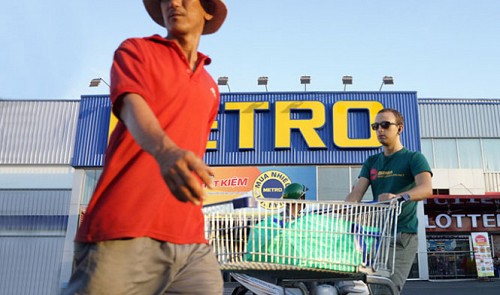
Nguyen Dau, deputy head of the inspectorate, spoke to Tuoi Tre(Youth) newspaper after his unit discovered wrongdoings worth VND507 billion ($23.63 million) at Metro Cash & Carry Vietnam.
The cash-and-carry wholesaler had been inspected for two months to clarify its transfer pricing signs, and Dau said other firms with the same suspicions will be subject to the same inspection.
“To be honest, we are collecting documents, even from overseas sources, in preparation for the next inspections,” he said.
“Tax agencies will take action immediately after having enough evidence.”
Dau said thorough preparations are essential before the taxman starts inspecting any firms, especially major corporations.
“Once we start any inspection, we will get to the bottom of the issue,” he said.
Metro Vietnam’s transfer pricing
Metro Cash & Carry Vietnam, a subsidiary of Germany’s Metro Cash & Carry, has been asked to pay VND62.64 billion ($2.92 million) in tax arrears, the tax inspector said, adding that many dishonest activities have also been found at this firm.
Metro Vietnam’s revenue in 2011 and 2012 was around VND13 trillion ($605.83 million), but the figure dropped to VND10 trillion ($466.03 million) in 2013, Dau said.
The wholesaler said it had to spend more than VND1 trillion ($46.6 million) dumping nearly-expired products as per German food safety standards and VND30 billion ($1.4 million) on security work.
“But they failed to show proof for this spending and thus had to accept the inspection results,” Dau said.
Dau said Metro Vietnam’s dishonest activities are linked to transfer pricing.
Transfer pricing is the value at which companies trade products, services or assets between units in different countries, a regular part of doing business for a multinational, but a practice which tax authorities often feel can be exploited, according to Reuters.
Metro Vietnam has been found transferring VND699 billion ($32.58 million) to its parent company in Germany in the form of “salaries for German experts,” according to the official.
The Vietnamese company signed a contract with its German parent firm so that the latter would supply experts to it.
“According to the contract, Metro Vietnam paid a total of VND699 billion worth of wages and bonuses for the experts, but the problem is instead of paying directly to these specialists, the company transferred the money to Metro in Germany,” Dau elaborated.
So the question is whether the German firm has paid the experts the same amount of money it had received from Metro Vietnam, which eventually “failed to present any evidence to prove this,” Dau added.
Another sign of Metro Vietnam’s transfer pricing is that it paid the parent company in Germany VND731 billion ($34.07 million) in “franchise transfer fees,” according to the official.
This is deemed abnormal as the Vietnamese company is 100 percent owned by its parent firm.
“We have studied German regulations and found that there are no such cases in which a parent firm transfers its franchise to its subsidiaries,” Dau said.
‘Tax havens’ targeted
The official said the tax inspectorate is now “experienced” in scrutinizing firms that show signs of transfer pricing.
“We first have to carefully study the business models of the firms and where their owners are registered,” he said.
“A firm registered in such ‘tax havens’ as the Netherlands should be particularly noticed.”
In fact, Metro Vietnam has its parent registered in Germany but the company that really invests in it is the Dutch unit of Metro, according to Dau.
What the stars mean:
★ Poor ★ ★ Promising ★★★ Good ★★★★ Very good ★★★★★ Exceptional
Latest News
More News
- How Masan employs dealmaking to build its consumer-retail platform (November 25, 2024 | 16:00)
- Kim Oanh Group: reaching out internationally (November 25, 2024 | 15:35)
- Takeda’s partnerships to deliver innovative medicine and vaccines (November 25, 2024 | 14:00)
- New SABECO R&D brewery to foster employee creativity (November 25, 2024 | 13:00)
- Operators embark on 5G services (November 25, 2024 | 12:00)
- Automating ports with 5G (November 25, 2024 | 10:41)
- Transforming accountancy with sustainability and ESG leadership (November 23, 2024 | 09:00)
- Vietnamese agricultural goods make Chinese e-commerce debut (November 22, 2024 | 20:04)
- Vietnam National Assembly adopts amended Law on Pharmacy (November 22, 2024 | 19:09)
- Power of partnerships: 30 years of Bayer in Vietnam (November 22, 2024 | 15:34)




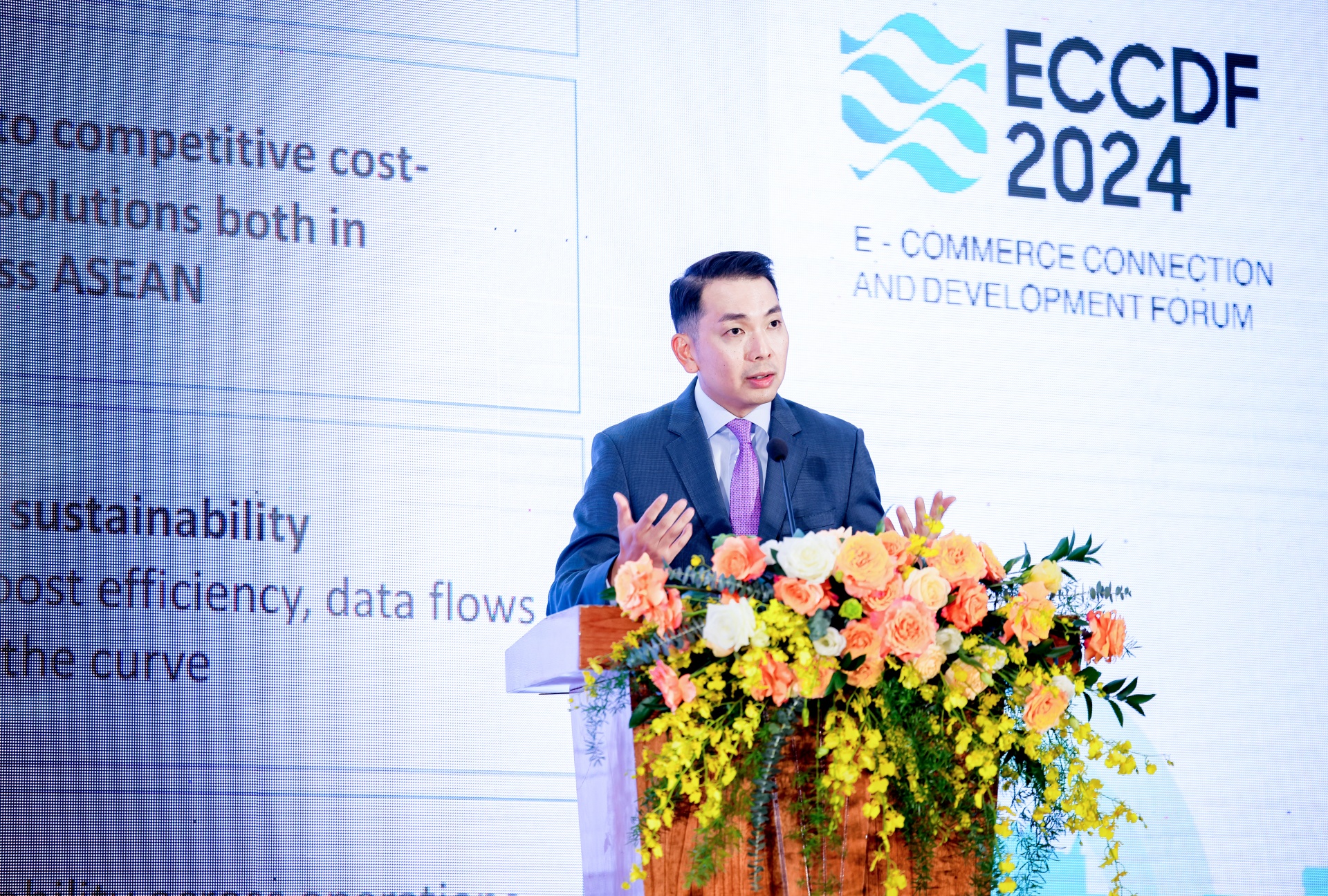
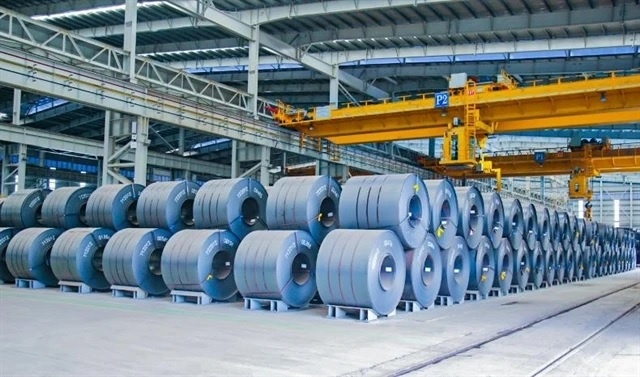
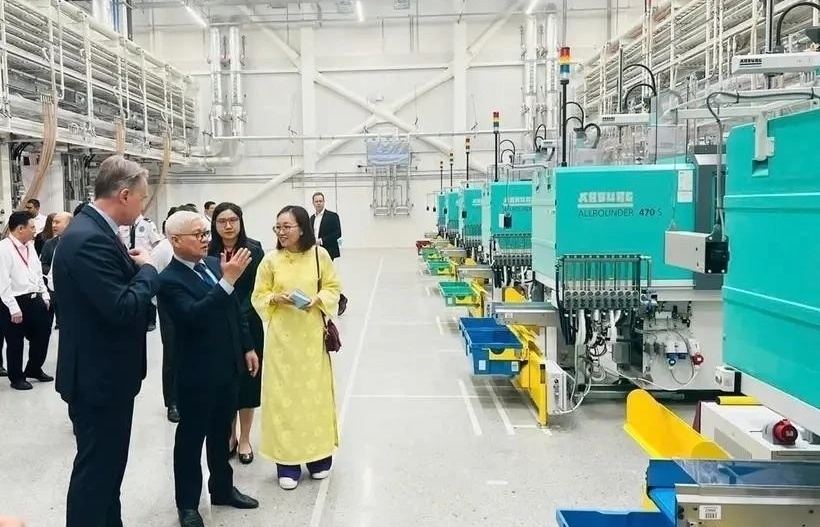
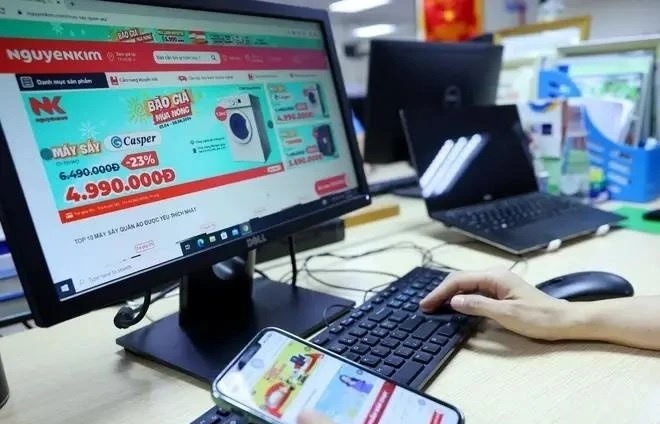
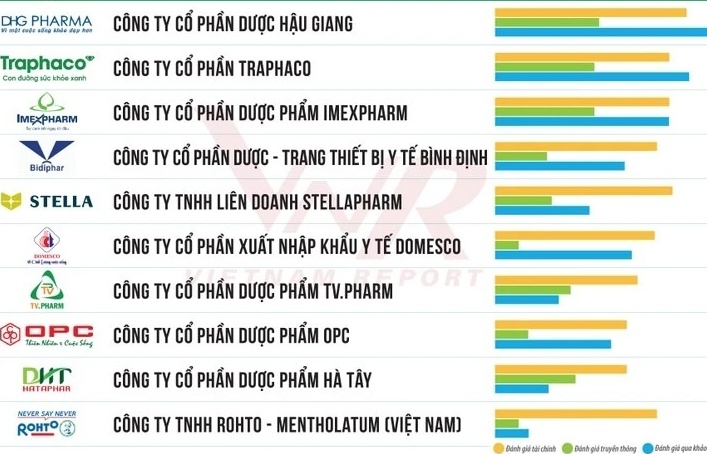
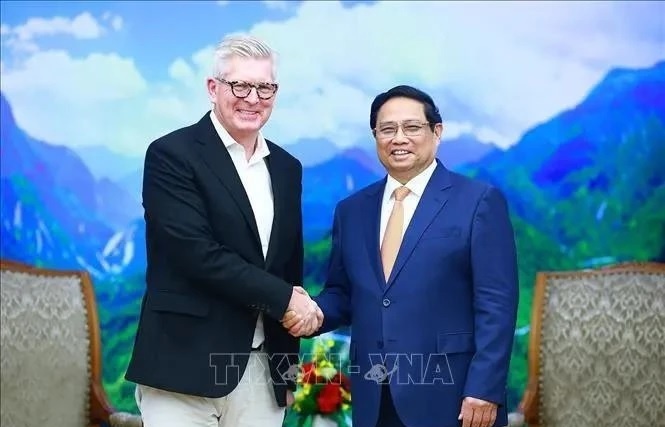




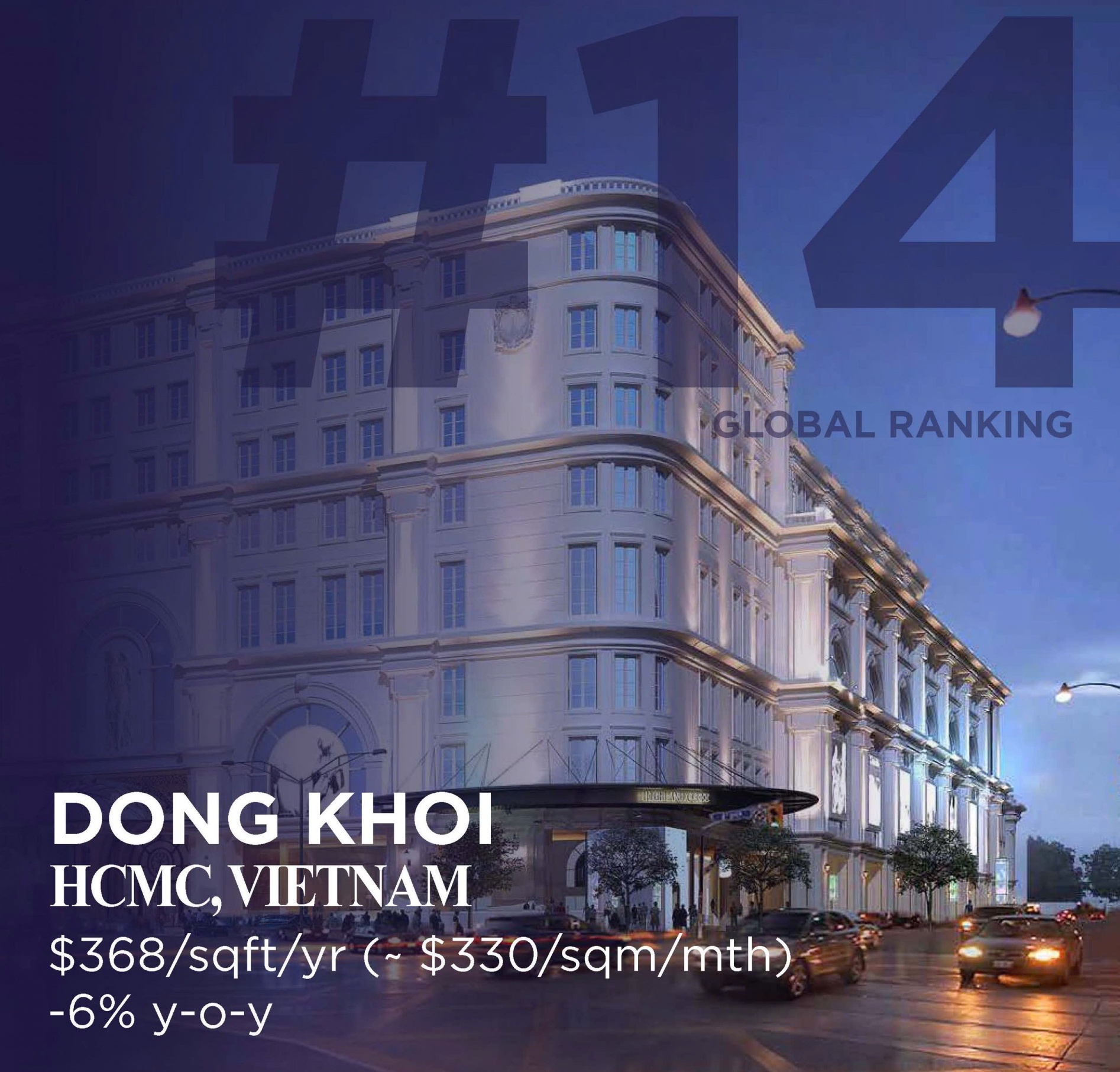




 Mobile Version
Mobile Version